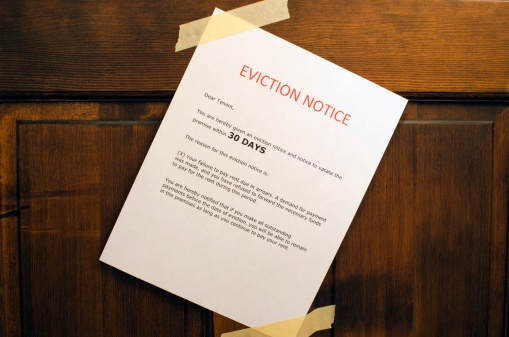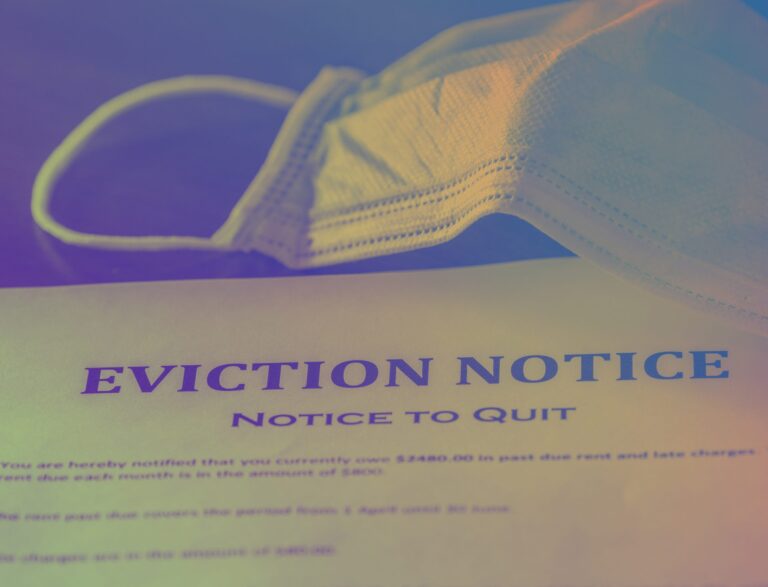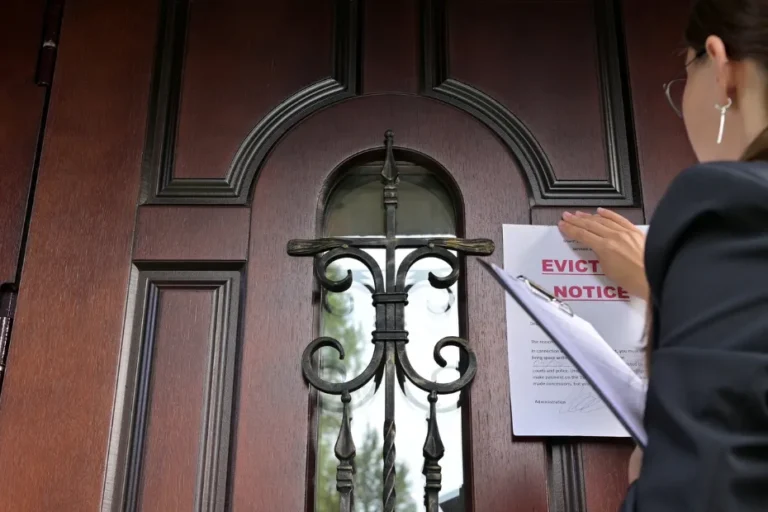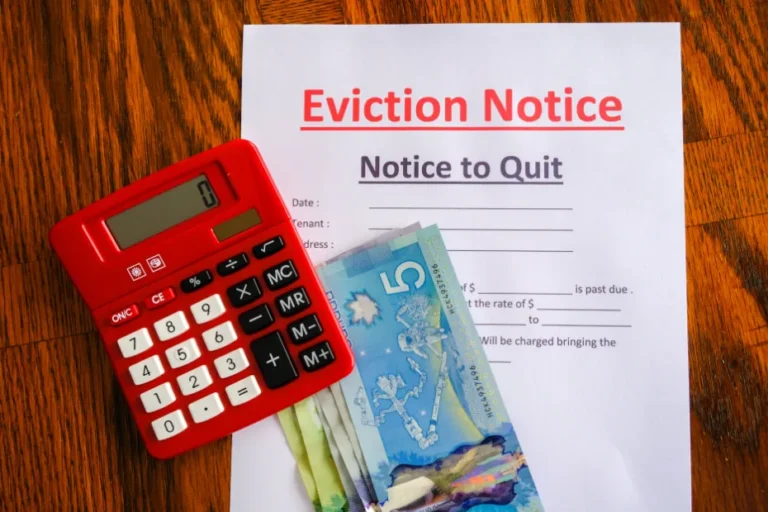What Time Of Day Does The Sheriff Come To Evict?
The time of day the sheriff comes to evict varies and depends on their schedule and workload. Facing the prospect of eviction can be a daunting and stressful experience for many individuals and families.
As the process unfolds, one may wonder what time of day the sheriff will arrive to carry out the eviction. However, the exact timing can be quite unpredictable as it is contingent upon the sheriff’s schedule and the number of evictions they need to handle on a given day.
While it is customary for such activities to take place during normal working hours, it is always advisable to communicate directly with the relevant authorities or consult with local guidelines to gain a better understanding of the expected time frame.

Learn Eviction Procedures
Evictions can be an overwhelming and distressing experience for both landlords and tenants. It can lead to a lot of confusion and uncertainty, especially when it comes to understanding the process and the role of the sheriff.
In this article, we will take a closer look at eviction procedures, answering important questions like what an eviction is, the role of the sheriff in the eviction process, and why evictions occur.
What Is An Eviction?
An eviction is a legal process by which a landlord removes a tenant from a rental property. This usually occurs when the tenant fails to comply with the terms of the lease or rental agreement, such as non-payment of rent, violation of the property’s rules, or engaging in illegal activities on the premises.
The eviction process typically begins with the landlord serving the tenant with a written notice, often called a “notice to quit” or “notice to vacate.”
This notice informs the tenant of the specific violation and gives them a certain amount of time to rectify the situation or vacate the property voluntarily. If the tenant fails to comply, the landlord can proceed with filing a legal eviction lawsuit.
Once the lawsuit is filed, both parties will have an opportunity to present their case in court. If the court rules in favor of the landlord, a judgment for possession will be issued, granting the landlord the right to regain possession of the property. This is where the role of the sheriff comes into play.
The Role Of The Sheriff In The Eviction Process
When it comes to executing the eviction judgment, the sheriff plays a crucial role. The sheriff is responsible for physically removing the tenant and their belongings from the property.
The specific time of day when the sheriff comes to evict can vary depending on various factors, such as the sheriff’s workload and the court’s schedule.
It’s important to note that the sheriff’s involvement is not to enforce the original terms of the lease or rental agreement but rather to enforce the court’s judgment for possession. Their primary goal is to ensure a lawful eviction process and maintain peace during the eviction.
On the day of the eviction, the sheriff will typically provide advance notice to both the landlord and the tenant about the scheduled eviction date and time. They will arrive at the property to oversee the removal of the tenant, ensuring that it is done in a respectful and orderly manner.
Why Do Evictions Occur?
Evictions occur for various reasons, but the most common ones revolve around non-payment of rent and lease violations. Financial difficulties, job loss, or unexpected expenses can prevent tenants from paying their rent on time, resulting in eviction proceedings if the situation is not resolved.
Lease violations that can lead to eviction include unauthorized subletting, excessive noise, property damage, unauthorized pets, or engaging in illegal activities on the premises.
Such violations can compromise the safety, well-being, and rights of other tenants or the property itself, necessitating the eviction process to protect everyone involved.
In some cases, eviction may be the last resort for landlords seeking to regain possession of their property and ensure a safe and harmonious living environment for other tenants.
It’s crucial for both landlords and tenants to understand their rights and responsibilities to prevent or navigate through the eviction process effectively.
Related Post: How Much Does an Eviction Notice Cost in California?
Factors Affecting Sheriff’s Enforcement Schedule

When facing an eviction, one of the most pressing questions on a tenant’s mind is, “What time of day does the sheriff come to evict?” While the exact timing may vary depending on various circumstances, there are several key factors that influence the enforcement schedule of the sheriff’s office.
Understanding these factors can help tenants better prepare for the eviction process and manage their expectations. Below, we explore the three primary factors that influence the sheriff’s enforcement schedule.
Local Regulations And Laws
Local regulations and laws play a significant role in determining when the sheriff comes to carry out an eviction.
Each jurisdiction may have its own specific guidelines and requirements that dictate the timing of eviction enforcement. These regulations could include restrictions on the times of day when evictions can occur, such as limiting enforcement to weekdays during business hours.
In some cases, local laws may prioritize certain types of evictions over others, resulting in a different order of enforcement.
It is essential for both tenants and landlords to familiarize themselves with these local regulations to gain a better understanding of when the sheriff might arrive to handle the eviction.
Case Backlog And Prioritization
The extent of the sheriff’s case backlog and their prioritization process can significantly impact when they come to evict. If the sheriff’s office is experiencing a large number of pending eviction cases, the enforcement schedule could be delayed.
In such situations, the sheriff’s office would need to prioritize which evictions to handle first, based on factors such as the date the eviction was originally scheduled, any exceptional circumstances involved, or court orders.
This backlog, along with the prioritization criteria, can influence when the sheriff will be able to proceed with the eviction and what time of day they are available to do so.
Sheriff’s Office Resources
The resources available within the sheriff’s office also play a vital role in determining the timing of evictions. Limited staffing and other operational constraints can affect the efficiency and capacity of the sheriff’s office to carry out evictions promptly.
If the office is understaffed or dealing with other high-priority tasks, it may result in delays in the enforcement process.
The sheriff’s office might have specific hours during which they conduct eviction enforcement, typically aligning with their regular business hours.
Tenants and landlords should be aware of these office hours and factor them into their expectations regarding when the sheriff might arrive for eviction.
Determining The Time Of Day: Common Trends And Exceptions
Determining the time of day for a sheriff’s eviction can be crucial information for those facing this difficult situation.
Although there is no hard and fast rule, certain common trends and exceptions can help shed light on when to expect the arrival of the sheriff.
This article will explore the typical timeframe for eviction enforcement, variations in the enforcement schedule, and the factors that can influence the time of day.
Typical Timeframe For Eviction Enforcement
In general, the enforcement of an eviction order by the sheriff tends to occur during business hours.
This means that weekdays between 8 am and 5 pm are often the most common timeframes for eviction. Landlords and tenants can expect the sheriff to arrive at the property within this span, although specific appointment times may vary.
Variations In Enforcement Schedule
While there is a typical timeframe for eviction enforcement, it is important to note that there can be variations in the schedule.
These variations can depend on several factors, such as the workload of the sheriff’s office, the jurisdiction, and the specific circumstances of the eviction case.
Some areas may have higher eviction rates, leading to more demand on the sheriff’s office and potential delays in enforcement.
Factors Influencing The Time Of Day
Several factors can influence the time of day when the sheriff comes to perform an eviction. These factors may include the availability of the sheriff’s office, the volume of evictions in a given period, and logistical considerations.
For example, if a property is located far from the sheriff’s office, it may take longer for the sheriff to arrive, potentially affecting the time of day of the eviction. Weather conditions, traffic, and other external factors can also impact the timing of the enforcement.
It’s important to note that while there are common trends and exceptions in determining the time of day for a sheriff’s eviction, it is ultimately up to the sheriff’s office to decide when they can perform the eviction.
Therefore, it is advisable to communicate directly with the sheriff’s office or consult legal professionals familiar with local eviction procedures to obtain the most accurate information regarding the timing of the enforcement.
Frequently Asked Questions On What Time Of Day Does The Sheriff Come To Evict?
What Time Of Day Does The Sheriff Come To Evict?
The time of day when the sheriff comes to evict can vary depending on the jurisdiction and the specific circumstances. It is best to contact your local sheriff’s office for the most accurate information.
How Long Does An Eviction Process Usually Take?
The length of an eviction process can vary based on several factors, including the complexity of the case and the local laws. Generally, it can take anywhere from a few weeks to a few months.
What Should I Do If I Receive An Eviction Notice?
If you receive an eviction notice, it is crucial to take immediate action. Consult a lawyer, review your lease agreement, and understand your rights to determine the best course of action.
Can The Sheriff Physically Remove Me From My Home?
The sheriff has the authority to physically remove you from your home if it is deemed necessary for the eviction process. It is essential to cooperate and seek legal advice to ensure your rights are protected throughout the process.
Conclusion
To conclude, understanding the timing of a sheriff’s eviction can offer a sense of control during a challenging process. Remember, contacting the local sheriff’s department is crucial to obtaining accurate information about the specific time of day.
Staying organized, communicating effectively, and seeking legal advice when necessary, individuals can navigate eviction proceedings with more confidence and preparedness.






